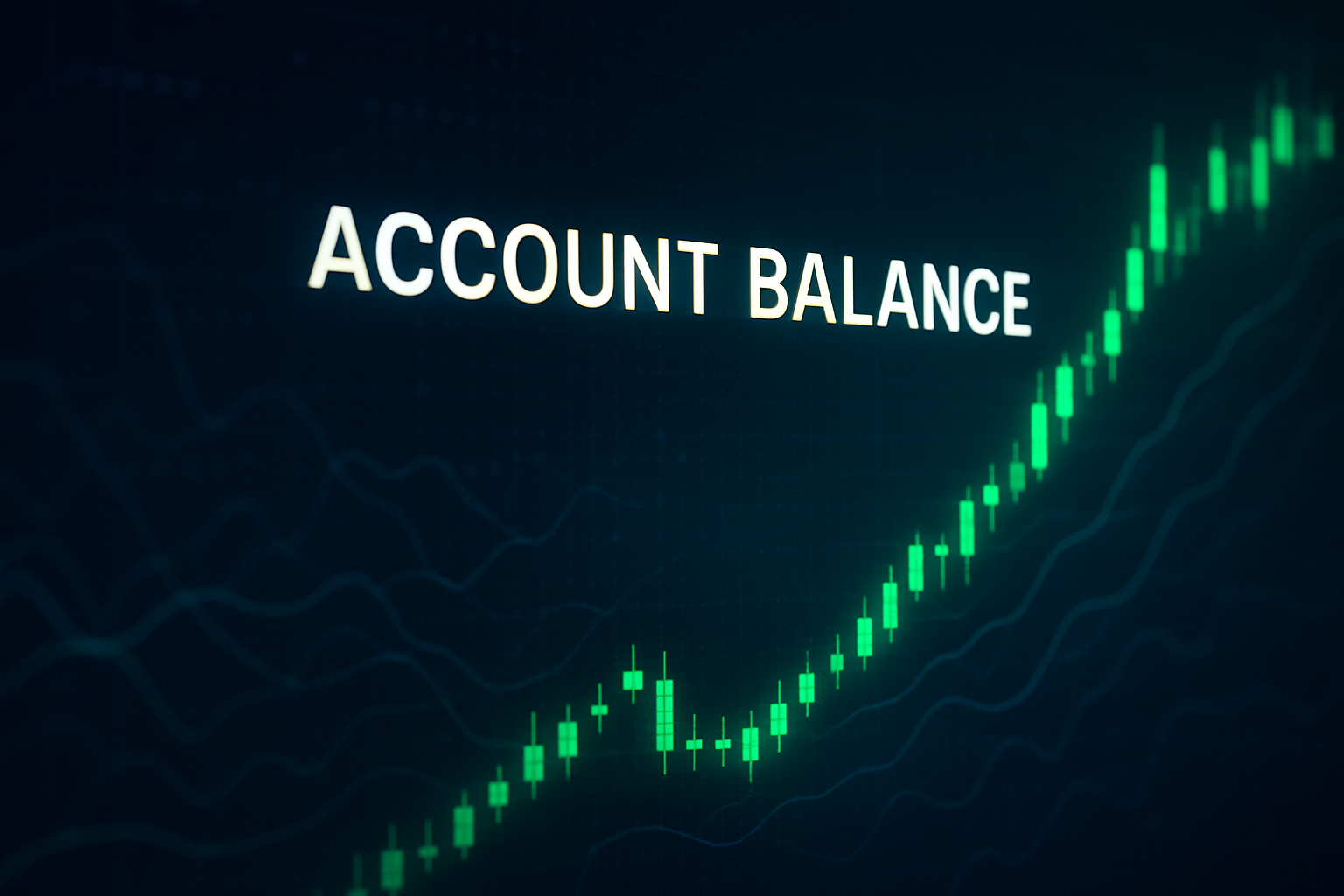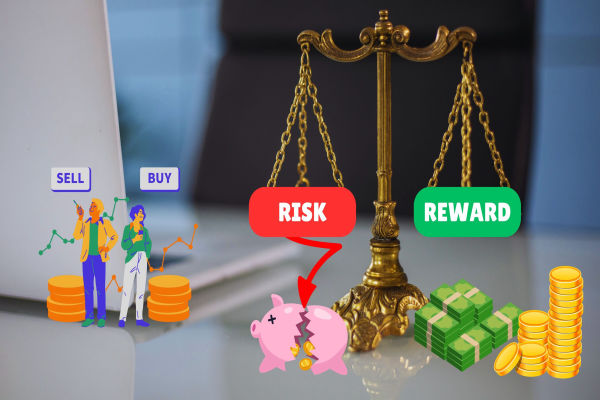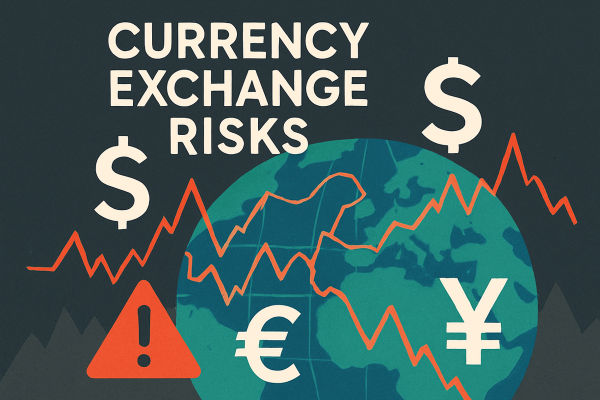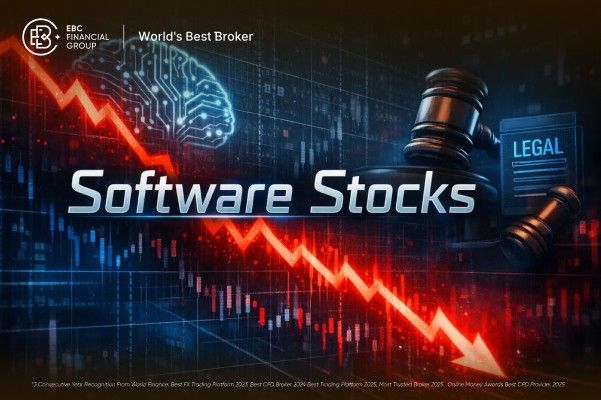Risk exposure refers to the value of assets and liabilities of financial
institutions that are easily affected by risk factors in various business
activities, or the position exposed to risk.

Characteristics of Risk Exposure
The buying and selling of a specific asset may increase your risk exposure;
in another case, the same transaction may reduce it.
In the modern credit risk measurement system, when calculating the risk
exposure, which is the credit business balance that may bear risks caused by the
debtor's default, the value of collateral can be used for full or partial
hedging.
The Relationship Between Risk and Exposure
Based on the analysis of risk concepts, it is not difficult to see that risks
objectively exist for financial institutions, such as the volatility of risk
variables such as interest rates and exchange rates, which generally do not
change due to the behavior or willingness of a certain financial
institution.
Therefore, strictly speaking, regardless of the risk management level of
financial institutions, the risks they face are the same, and it cannot be
considered that financial institutions with poor risk management quality face
greater risks than those with high risk management quality.
But in many cases, people's use of the term risk is ambiguous, usually
referring not only to the volatility of this objective risk factor but also to
the subjective exposure level of investors to risk.
For example, exposure to credit risk refers to the loan volume affected by
credit risk, and exposure to interest rate or foreign exchange risk refers to
the value of assets and liabilities affected by changes in interest rate or
exchange rate.
Therefore, in a general sense, the level of risk borne by investors not only
depends on the volatility or uncertainty of risk factors but, more importantly,
on their exposure to specific risk factors.
Regardless of the volatility of the risk factor, if an investor can achieve
zero exposure to the risk factor through various risk management methods, the
risk they face is actually zero.
Therefore, the essence of risk management in financial institutions is the
management of their risk exposure, while macro-level risk management may be the
management of risk factors themselves, such as the efforts of government
economic management departments to reduce the volatility of exchange rates,
interest rates, and overall Stock Prices.


























